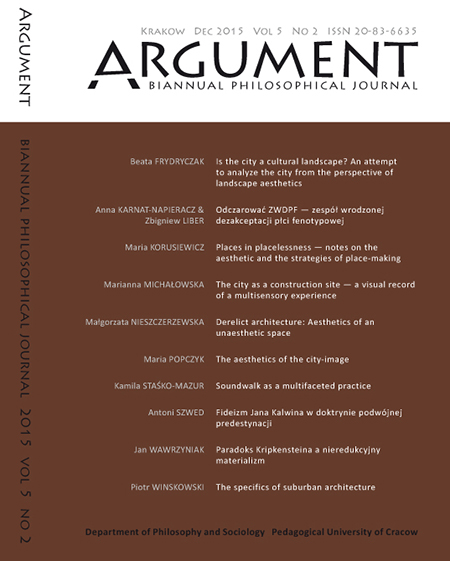Paradoks Kripkensteina a nieredukcyjny materializm
Słowa kluczowe:
Donald Davidson, Saul Kripke, mental properties, anomalous monism, supervenienceAbstrakt
Kripkenstein’s paradox and nonreductive materialism: The main aim of this article is to pose and consider the following question: Does the reasoning that led to Kripkenstein’s sceptical paradox undermine all versions of materialism, including nonreductive materialism? First, I present other versions of materialism in the philosophy of mind. Then I point out that, according to nonreductive materialists, one can neither define mental properties in terms of physical properties nor derive psycho-physical laws from the laws of physics. The presently-understood thesis of materialism is confined by the following claim: the same distribution of physical properties entails the same distribution of mental properties. In other words, the mental properties supervene upon physical properties. This account then leads to the following formulation of the main question: Assuming that Kripkenstein is right, do mental properties supervene upon physical properties? Taking into account that answering this question requires a discussion of the notions of supervenience and Kripkenstein’s paradox, I devote two parts of my paper to these topics. The conclusion which I reach is as follows: If the reasoning that led to Kripkenstein’s paradox is correct, mental properties can only globally supervene upon physical properties, and consequently no version of materialism can be empirically justified.


